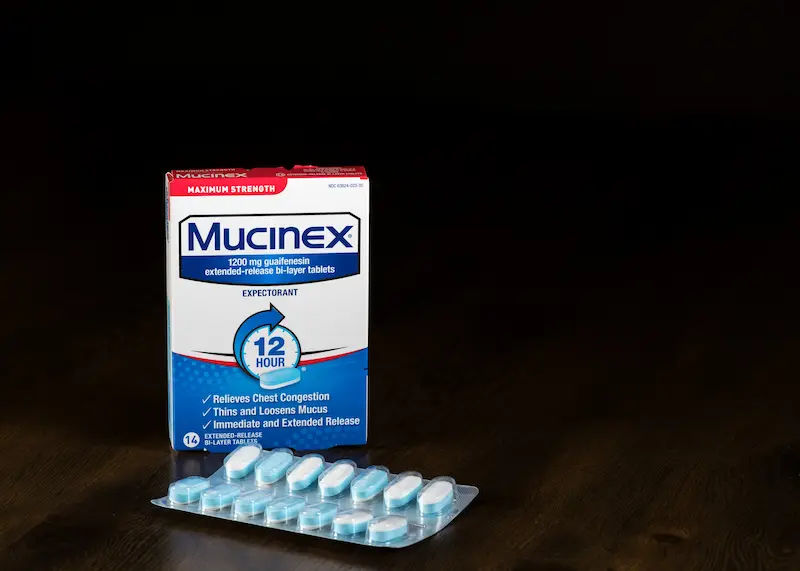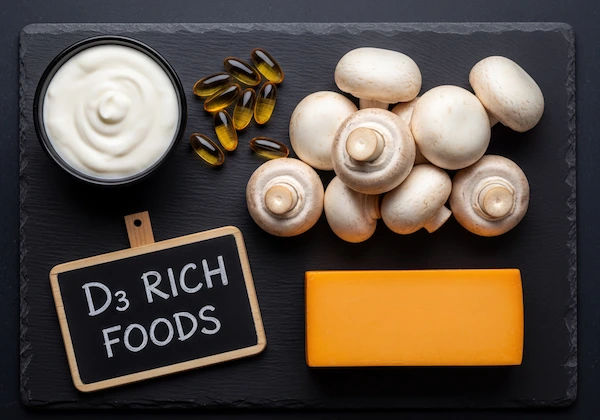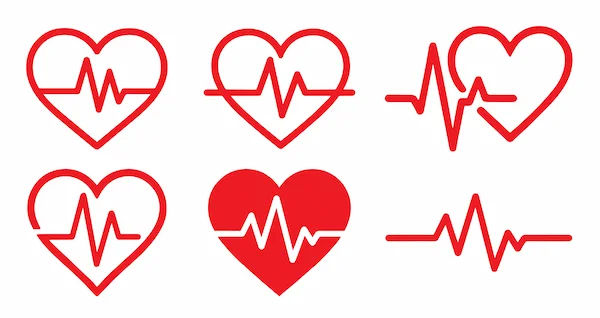Laparoscopic Surgery: Lifestyle Tips for Safe Recovery
Learn essential lifestyle tips before and after laparoscopic surgery to ensure a faster, safer recovery and support overall well-being.

Written by Dr. M L Ezhilarasan
Reviewed by Dr. Dhankecha Mayank Dineshbhai MBBS
Last updated on 13th Jan, 2026
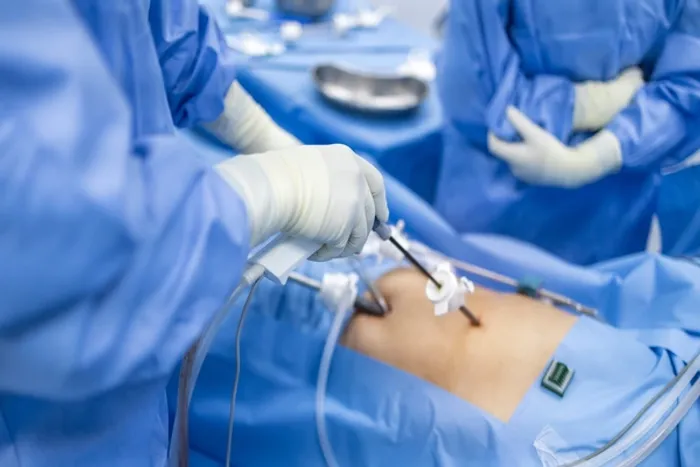
Introduction
Laparoscopic surgery, often called keyhole surgery, is a marvel of modern medicine. With smaller incisions, it promises less pain and a quicker return to your daily life compared to traditional open procedures. But did you know that your lifestyle habits play a starring role in determining just how smooth and swift your recovery will be? Think of your body as a high-performance vehicle; surgery is a demanding race, and the quality of your fuel and maintenance beforehand dictates how well you'll perform. This guide goes beyond the standard pre-op instructions to explore how the lifestyle choices you make weeks before and after your surgery can significantly enhance your healing, reduce the risk of complications, and set you up for the best possible outcome. We’ll walk you through a practical plan for pre-surgery preparation ("prehab") and post-operative care, empowering you to take an active role in your own recovery journey.
Why Your Daily Habits Matter Before Surgery
It's a common misconception that the surgical outcome rests solely in the surgeon's hands. In reality, your body's inherent ability to heal is the most critical factor. Your pre-existing state of health, heavily influenced by your lifestyle habits, sets the stage for how your body will respond to the stress of anaesthesia, the trauma of incisions, and the complex process of tissue repair.
The Concept of Prehabilitation (Prehab)
Much like an athlete trains before a big game, "prehabilitation" or "prehab" involves getting your body into its best possible shape before the event of surgery. This proactive approach focuses on improving your nutritional status, physical strength, and psychological resilience. Studies have shown that patients who engage in prehab often experience shorter hospital stays, fewer post-operative complications, and a faster return to their normal functional capacity. It’s about building a physiological reserve that your body can draw upon during the demanding recovery period.
How a Healthy Body Responds Better to Surgery
When you are well-nourished, physically active, and free from toxins like nicotine, your body's systems operate efficiently. Your immune system is stronger, better equipped to fight off potential infections. Your cardiovascular system is more robust, ensuring optimal oxygen delivery to healing tissues. Your muscles have better tone, which helps you mobilise sooner after surgery, reducing the risk of blood clots and pneumonia. Essentially, good lifestyle habits prime your body's innate healing mechanisms for success.
Consult a Laparoscopic Surgeon for the best advice
Essential Pre-Surgery Lifestyle Adjustments
The weeks leading up to your operation are a crucial window of opportunity. Here’s a breakdown of the key areas to focus on.
Nutrition: Fuelling Your Body for Healing
What you eat in the month before surgery is arguably as important as the medication you take after. Proper nutrition provides the raw materials, proteins, vitamins, and minerals needed for cell growth, collagen formation, and fighting inflammation.
Power Up with Protein
Protein is the building block of life and the cornerstone of wound healing. It is essential for repairing damaged tissues and creating new skin and blood vessels. Aim to include a source of lean protein in every meal. Excellent choices include:
- Chicken and turkey breast
- Fish (especially fatty fish like salmon rich in omega-3s, which combat inflammation)
- Eggs
- Legumes (beans, lentils)
- Tofu and Greek yoghurt
If you have a poor appetite, consider speaking to a doctor or dietitian about protein supplements. If you are unsure about your nutritional status, you can consult a nutritionist online with Apollo24|7 for a personalised pre-surgery diet plan.
The Role of Vitamins and Minerals
- Vitamin C: Critical for collagen synthesis, the protein that holds wounds together. Find it in citrus fruits, strawberries, bell peppers, and broccoli.
- Zinc: Supports immune function and cell division. Sources include nuts, seeds, whole grains, and lean meat.
- Iron: Essential for creating haemoglobin, which carries oxygen to the wound site. Lean red meat, spinach, and lentils are good sources. Apollo24|7 offers a convenient home collection for tests like haemoglobin or ferritin (iron stores) if you suspect a deficiency.
Foods to Avoid or Limit
In the week before surgery, minimise processed foods, sugary snacks, and excessive salt. These can promote inflammation, impair immune function, and lead to fluid retention.
Smoking and Alcohol: A Critical Pre-Surgery Stop
This is non-negotiable. Both smoking and alcohol consumption significantly increase surgical risks.
How Smoking Impairs Healing
Nicotine causes blood vessels to constrict, drastically reducing blood flow to the surgical site. This means less oxygen and fewer nutrients reach the area, delaying healing and increasing the risk of infection and tissue death. It also paralyses the cilia in your lungs, making you more susceptible to post-operative pneumonia. Surgeons strongly recommend quitting at least 4-6 weeks before surgery for a meaningful difference in outcomes.
The Impact of Alcohol on Anaesthesia and Recovery
Alcohol can interfere with anaesthesia, affecting the dosage required and how your liver metabolises the drugs. It also thins the blood, increasing the risk of bleeding during and after the procedure. Chronic alcohol use can weaken the immune system and deplete vital nutrients. Complete abstinence for at least a week before surgery is ideal.
Physical Activity: Building Your Strength Reserve
If your condition allows, engaging in regular, moderate exercise like brisk walking, swimming, or cycling can improve your cardiovascular fitness and muscle strength. Stronger muscles will help you get out of bed more easily after surgery, and better lung capacity will make breathing exercises more effective, preventing lung complications. Even simple daily walks can make a substantial difference.
Stress and Sleep: The Overlooked Recovery Allies
High stress levels can elevate cortisol, a hormone that can suppress immune function and slow healing. Practice stress-reducing techniques such as deep breathing, meditation, or gentle yoga. Prioritise sleep, as this is when your body does most of its repair work. Aim for 7-9 hours of quality sleep per night.
Get Your Health Assessed
The Recovery Phase: Lifestyle Habits for Healing at Home
The lifestyle habits you adopt after you return home are just as critical for a smooth recovery.
The First 48 Hours: Rest and Gradual Movement
Your primary job is to rest. However, intersperse rest with short, gentle walks around your home every few hours. This movement is vital for preventing blood clots in your legs (deep vein thrombosis) and helping your bowels return to normal function.
Your Post-Op Diet: Supporting Tissue Repair
Start with light, easy-to-digest foods like broth, toast, and yoghurt. Gradually reintroduce your pre-surgery healthy diet, focusing on protein, fiber, and fluids. Fibre is crucial to prevent constipation, a common side effect of pain medications. Drink plenty of water to stay hydrated and help flush anaesthesia from your system.
Incision Care and Personal Hygiene
Keep your incision sites clean and dry as per your surgeon's instructions. Watch for signs of infection like increased redness, swelling, warmth, or pus. You can usually shower within a day or two, but avoid soaking in a bath until the incisions are fully sealed.
Gradually Returning to Normal Activities
Follow your surgeon's specific guidelines. Avoid heavy lifting (usually more than 5-10 lbs) for several weeks to prevent hernias at the incision sites. You can typically resume driving once you are off narcotic pain medication and can move without discomfort. Returning to work depends on the physical demands of your job.
Long-Term Habits for Sustained Surgical Benefits
View your surgery as a catalyst for positive, lasting change. The lifestyle habits you cultivated for your operation: eating nutritiously, staying active, avoiding tobacco and excessive alcohol are the very habits that promote long-term health and can prevent future health issues. This journey isn't just about recovering from one procedure; it's about investing in a healthier future.
Conclusion: Investing in Your Recovery Journey
Undergoing laparoscopic surgery is a significant step towards better health, and the effort you put into optimising your lifestyle habits is an investment with immense returns. By embracing prehabilitation, you empower your body to handle the stress of surgery with resilience. By adhering to thoughtful post-operative care, you actively participate in your own healing, paving the way for a faster, smoother recovery. Remember, your surgeon manages the procedure, but you manage the environment in which your body heals. Take this knowledge, partner with your healthcare team, and approach your surgery with confidence, knowing you are doing everything possible to ensure the best outcome. If you have specific concerns about preparing for your surgery or managing your recovery, don't hesitate to consult a doctor online with Apollo24|7 for personalised guidance.
Consult a Laparoscopic Surgeon for the best advice
Consult a Laparoscopic Surgeon for the best advice

Dr. Arup Kanti Deb
General and Laparoscopic Surgeon
27 Years • MS
Guwahati
Apollo Hospitals G S Road, Guwahati
(25+ Patients)

Dr. Sunil Kaul
General Surgeon
30 Years • MBBS, MS, FICS, FIMSA, FMAS
Delhi
Apollo Hospitals Indraprastha, Delhi
(25+ Patients)

Dr. Mohsin Khan
General and Laparoscopic Surgeon
11 Years • MBBS, MS, DNB
Delhi
Apollo Hospitals Indraprastha, Delhi
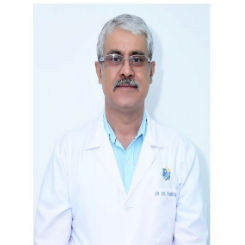
Dr. S K Pandita
General and Laparoscopic Surgeon
15 Years • MBBS, MS(General Surgery)
Noida
Apollo Hospitals Sector 26, Noida
(75+ Patients)
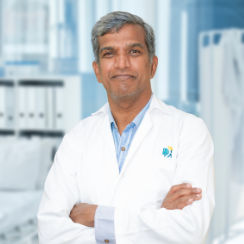
Dr. Sreedhara V.
Surgical Gastroenterologist
23 Years • MBBS, DNB, FSGE
Bengaluru
Apollo Hospitals Bannerghatta Road, Bengaluru
Consult a Laparoscopic Surgeon for the best advice

Dr. Arup Kanti Deb
General and Laparoscopic Surgeon
27 Years • MS
Guwahati
Apollo Hospitals G S Road, Guwahati
(25+ Patients)

Dr. Sunil Kaul
General Surgeon
30 Years • MBBS, MS, FICS, FIMSA, FMAS
Delhi
Apollo Hospitals Indraprastha, Delhi
(25+ Patients)

Dr. Mohsin Khan
General and Laparoscopic Surgeon
11 Years • MBBS, MS, DNB
Delhi
Apollo Hospitals Indraprastha, Delhi

Dr. S K Pandita
General and Laparoscopic Surgeon
15 Years • MBBS, MS(General Surgery)
Noida
Apollo Hospitals Sector 26, Noida
(75+ Patients)

Dr. Sreedhara V.
Surgical Gastroenterologist
23 Years • MBBS, DNB, FSGE
Bengaluru
Apollo Hospitals Bannerghatta Road, Bengaluru
More articles from General Medical Consultation
Frequently Asked Questions
How long before my laparoscopic surgery should I start changing my diet?
It's best to start focusing on a nutrient-rich diet at least 3 to 4 weeks beforehand. This gives your body enough time to build up its stores of essential vitamins, minerals, and protein.
I'm a smoker. Is quitting just one week before surgery enough?
While quitting for any period is beneficial, one week is not ideal. Nicotine and other chemicals significantly impair blood flow. For the best results in reducing complications like poor wound healing and lung problems, aim to quit at least 4 to 6 weeks before your operation.
What are the best exercises to do after laparoscopy?
Walking is the best initial exercise. Start with short, slow walks around your house, gradually increasing distance and pace as you feel able. Avoid strenuous activities, heavy lifting, and core-intensive exercises like sit-ups until your surgeon clears you.
Why is protein so important after surgery?
Protein is essential for repairing damaged tissues, closing wounds, and fighting infection. Without adequate protein, the healing process can be slow and incomplete, leading to a higher risk of complications.
I'm feeling very anxious about the surgery. Can stress really affect my recovery?
Yes, high stress levels can have a physical impact by raising cortisol levels, which can suppress your immune system and slow down the healing process. Practicing relaxation techniques like deep breathing or meditation beforehand can be very helpful.


